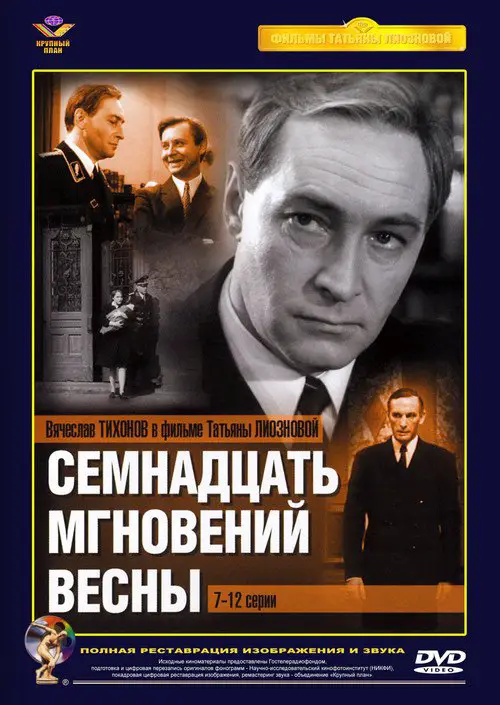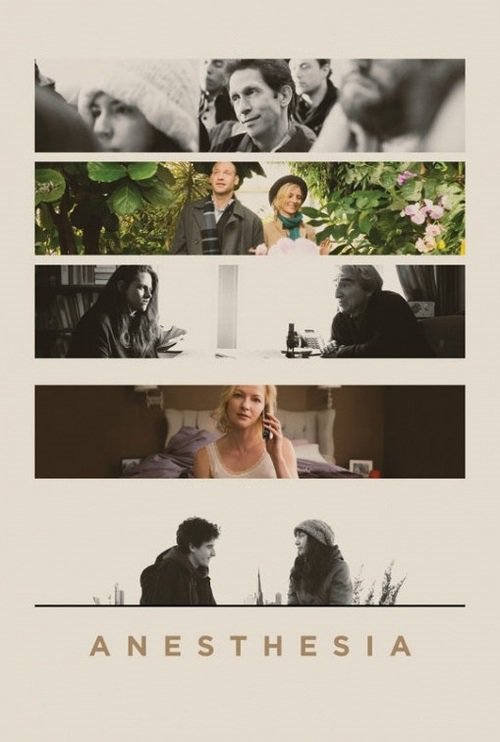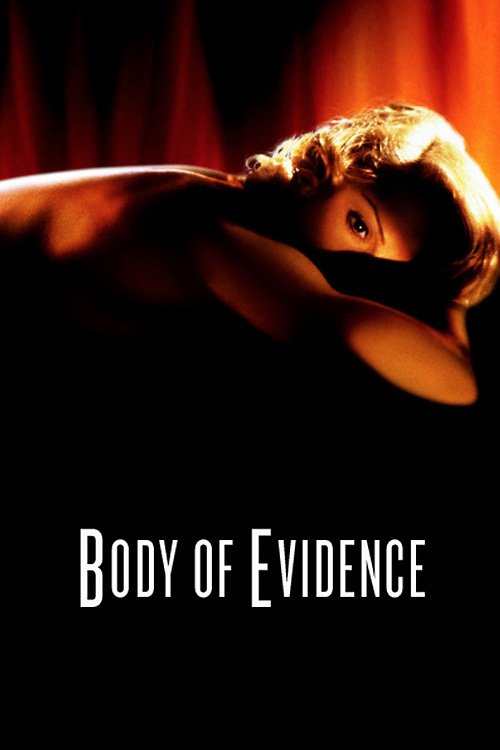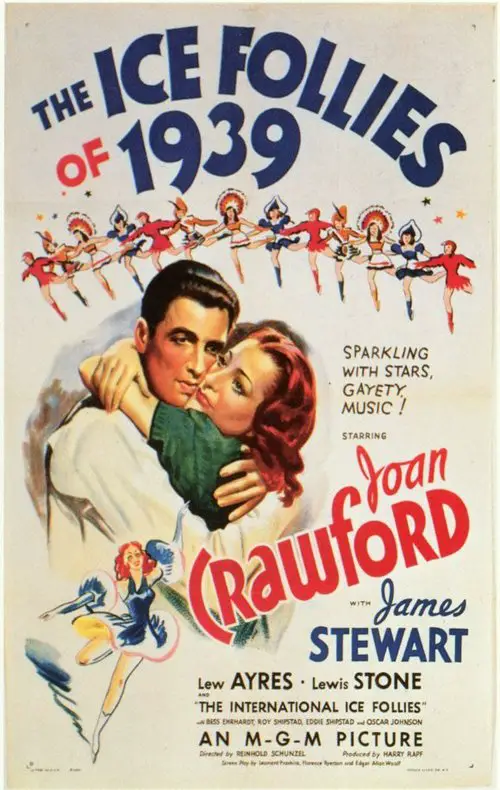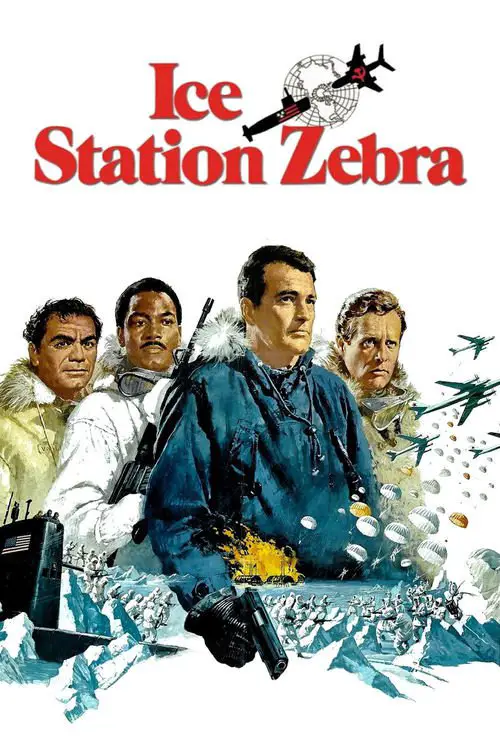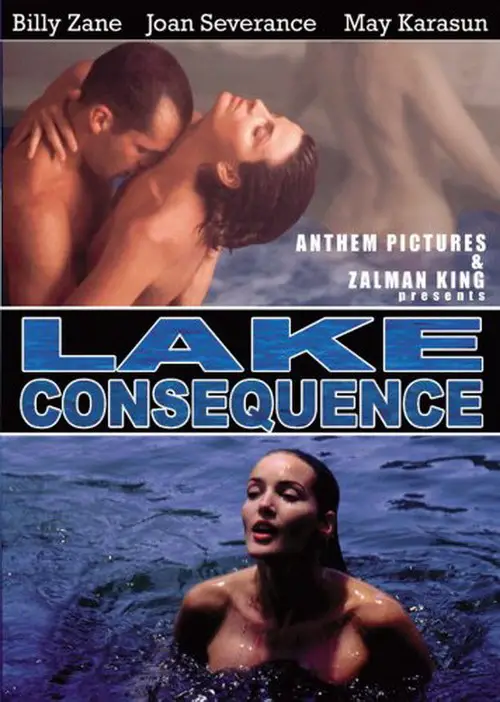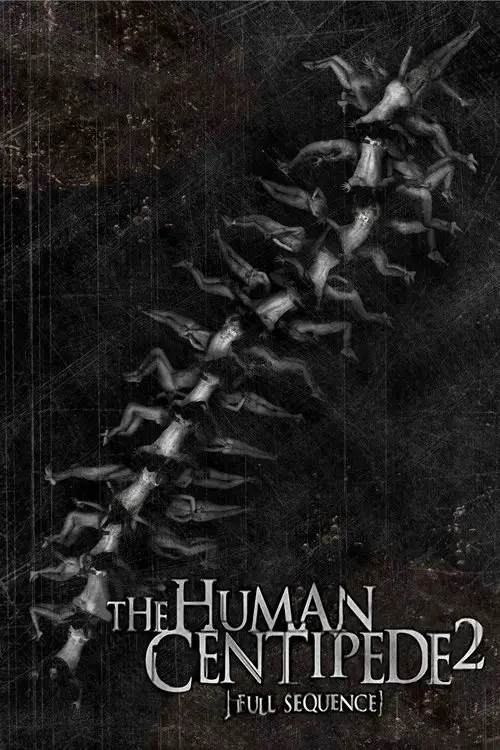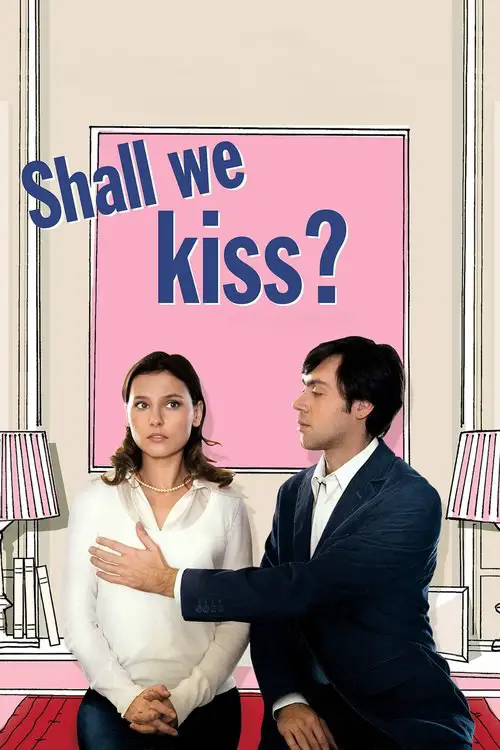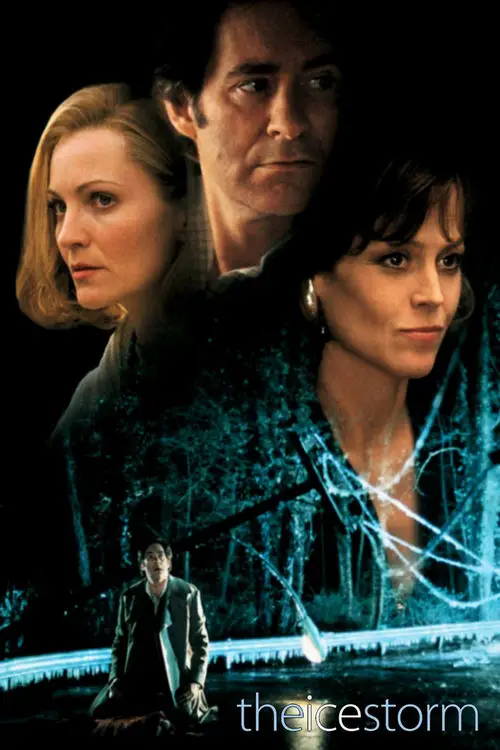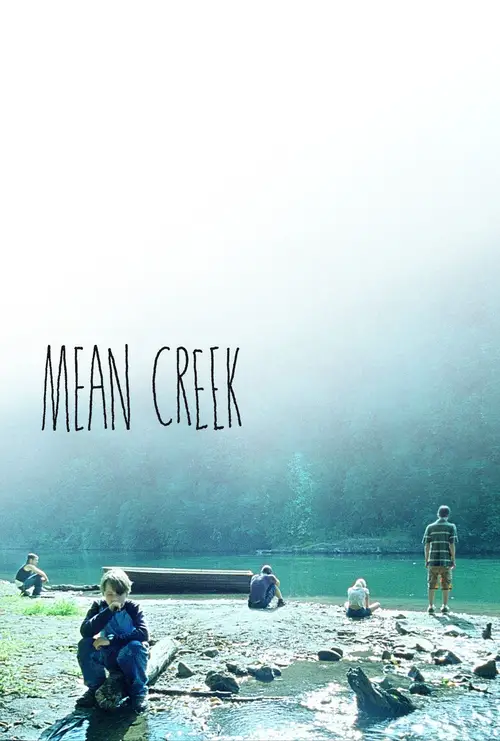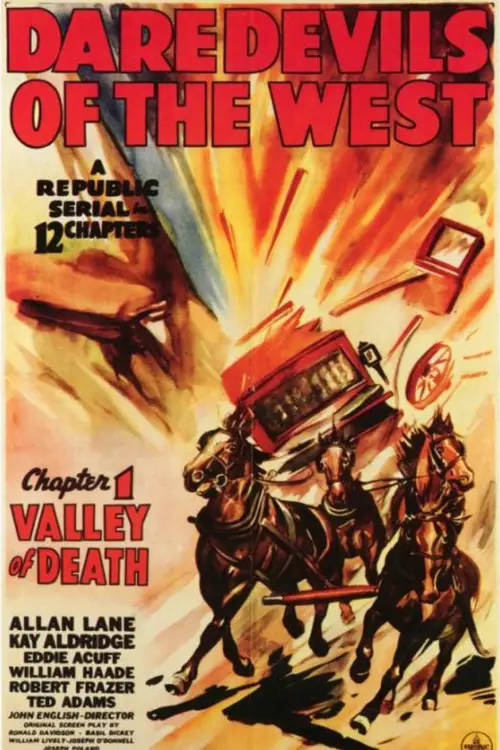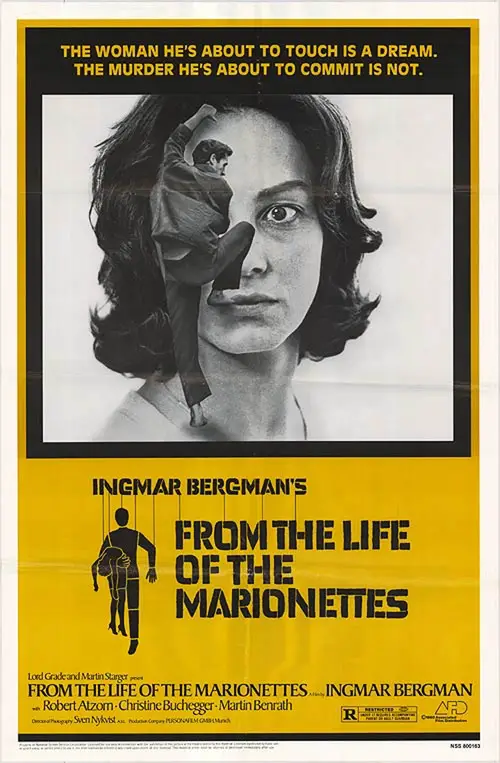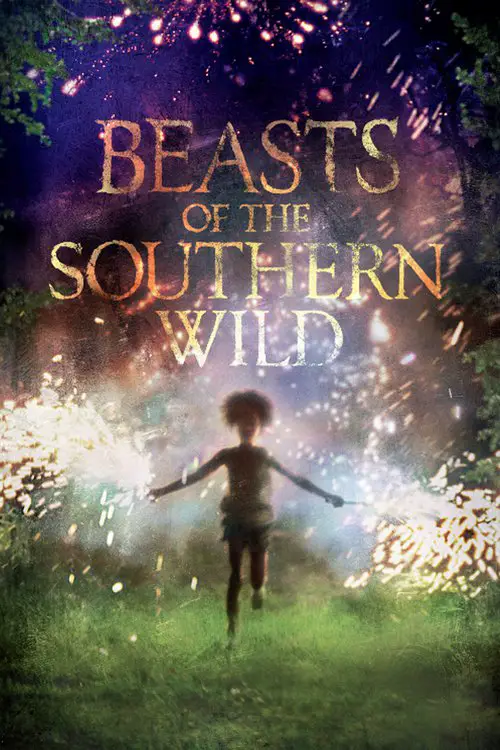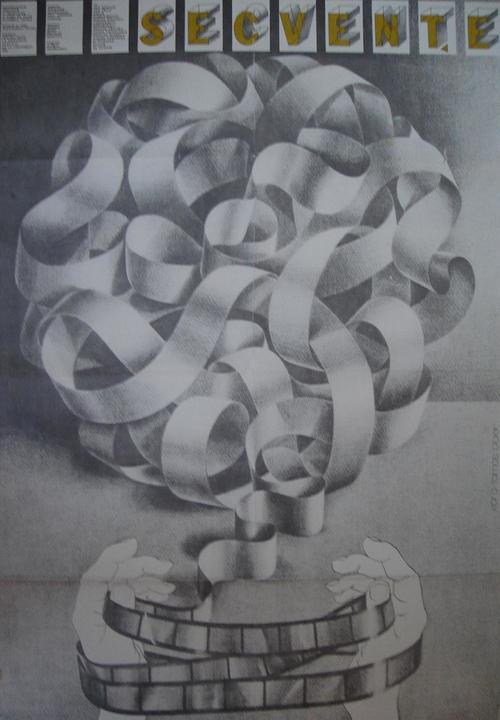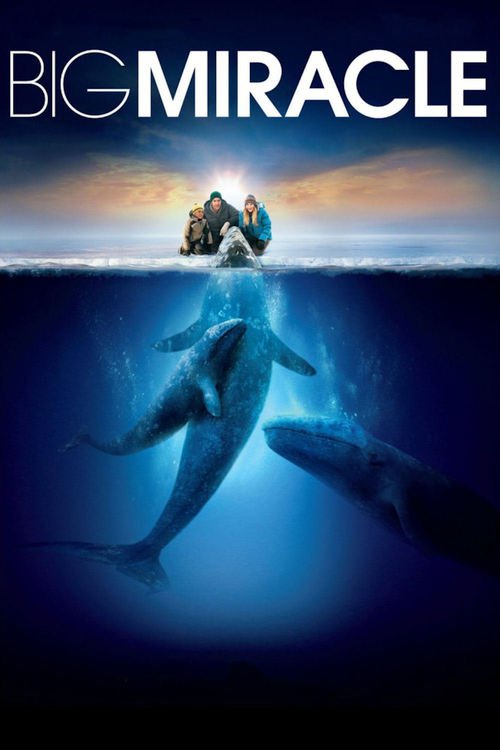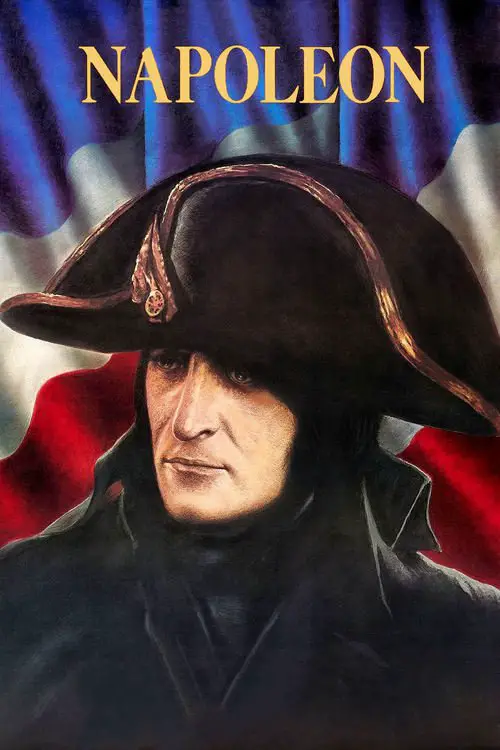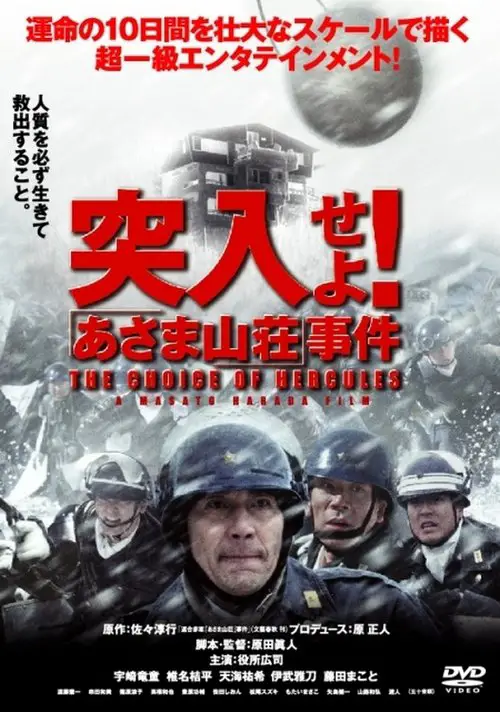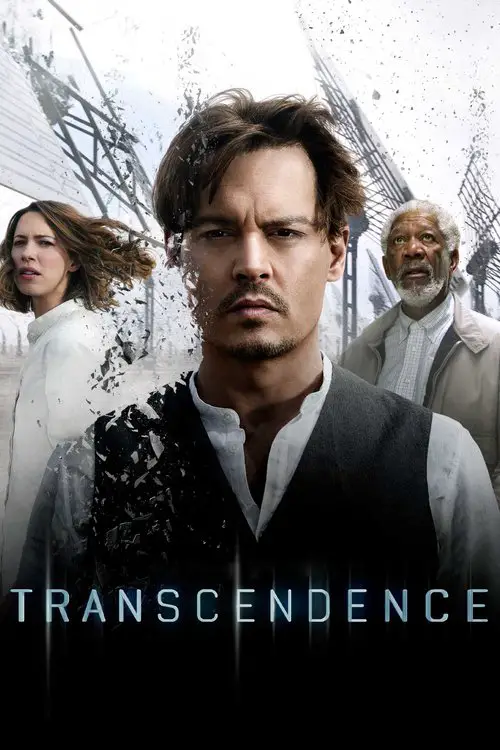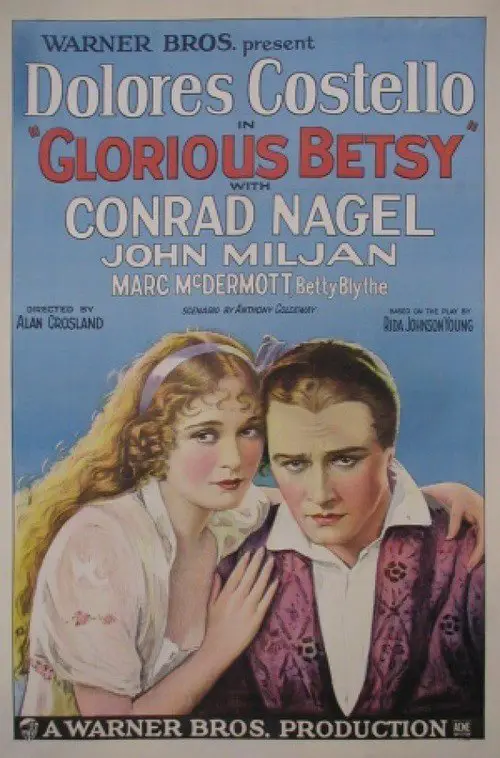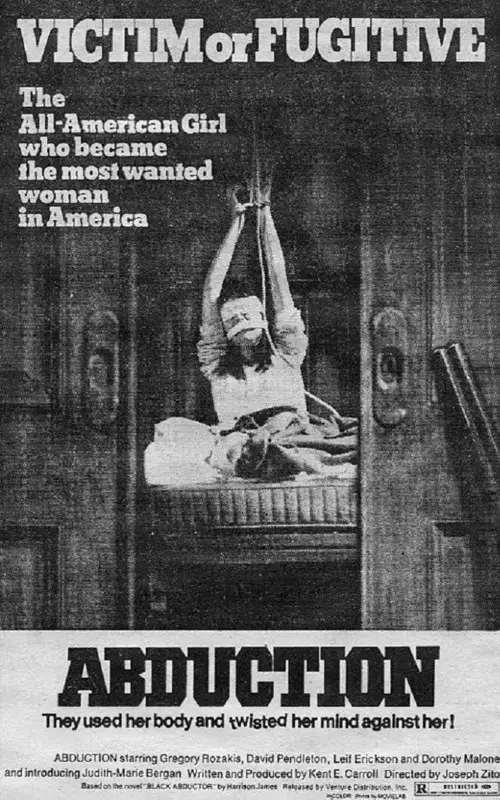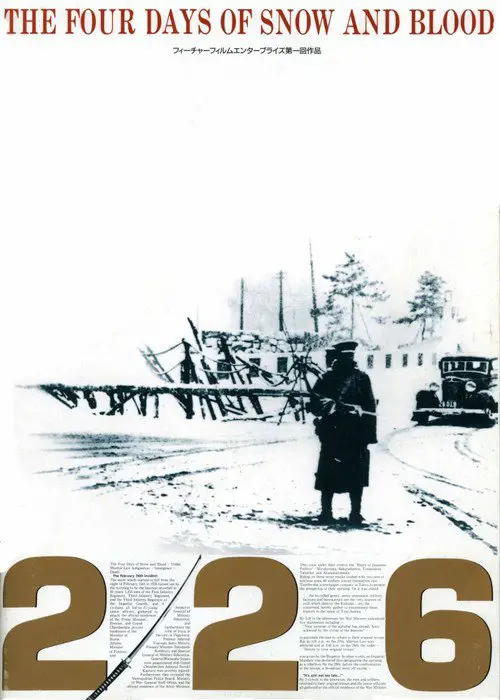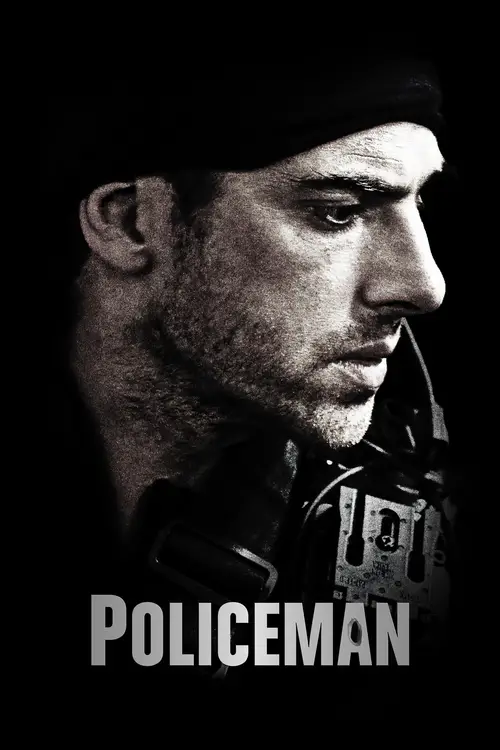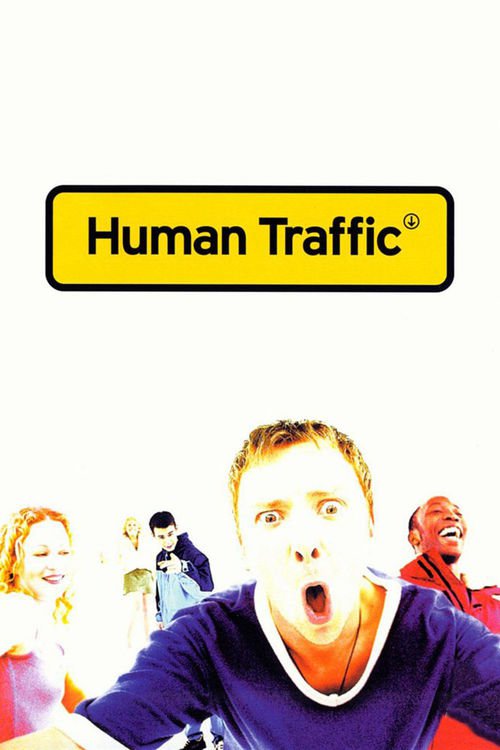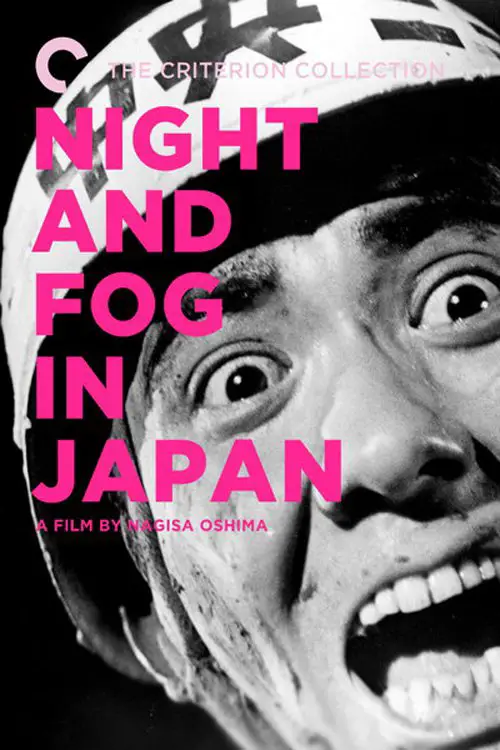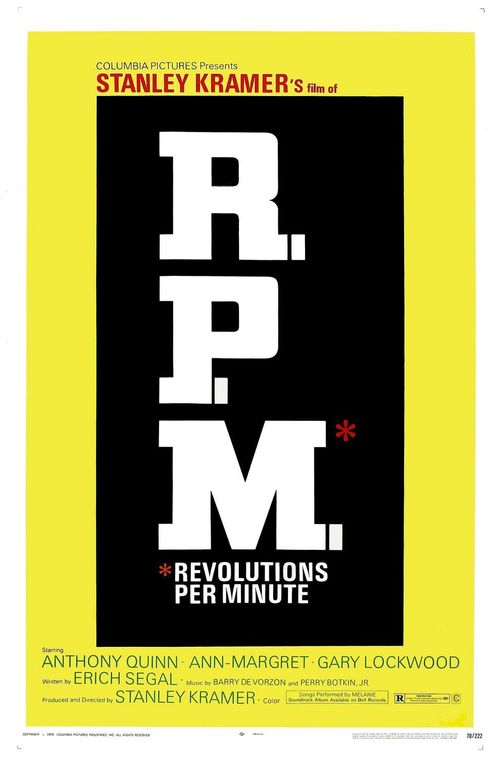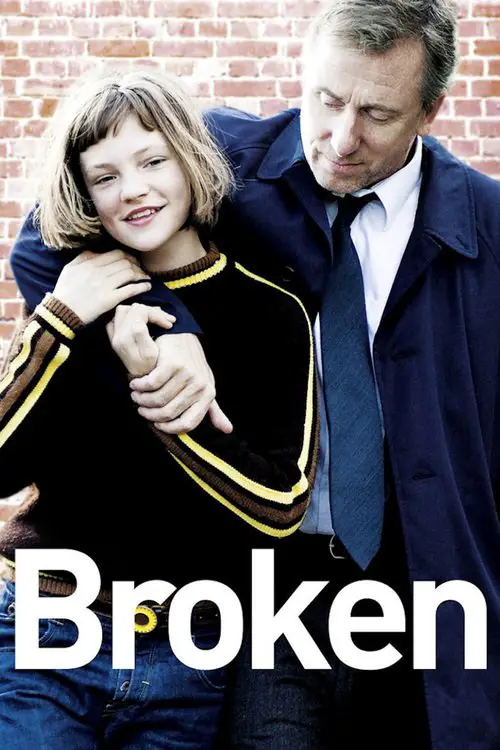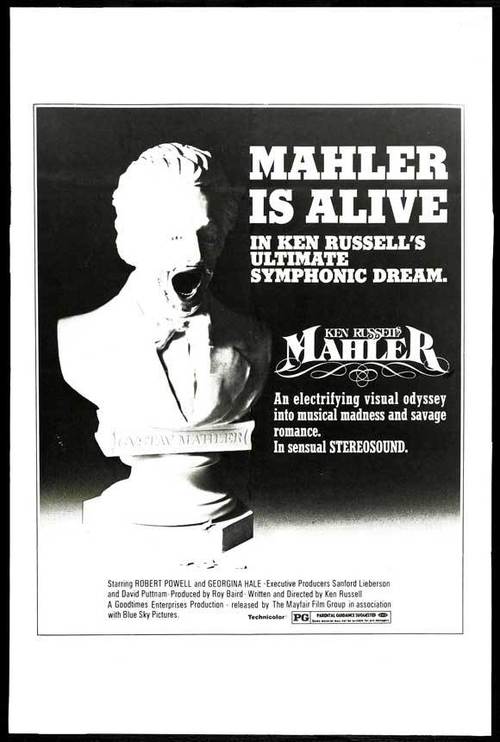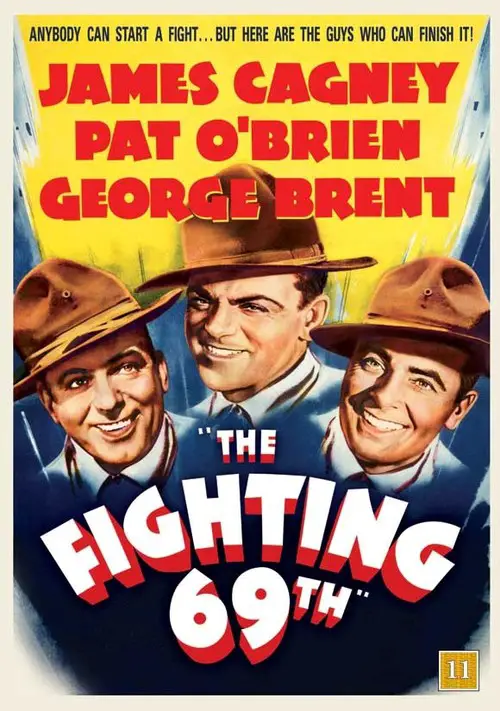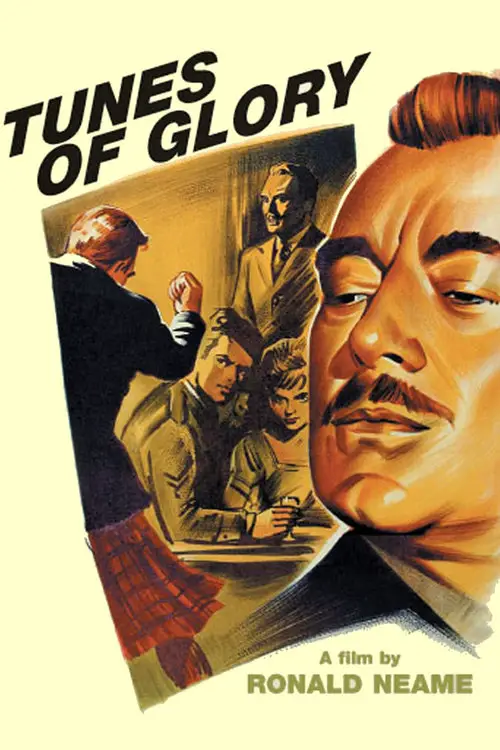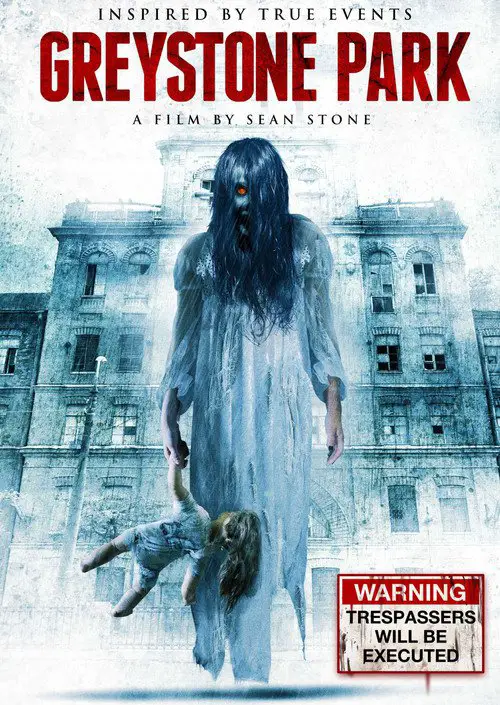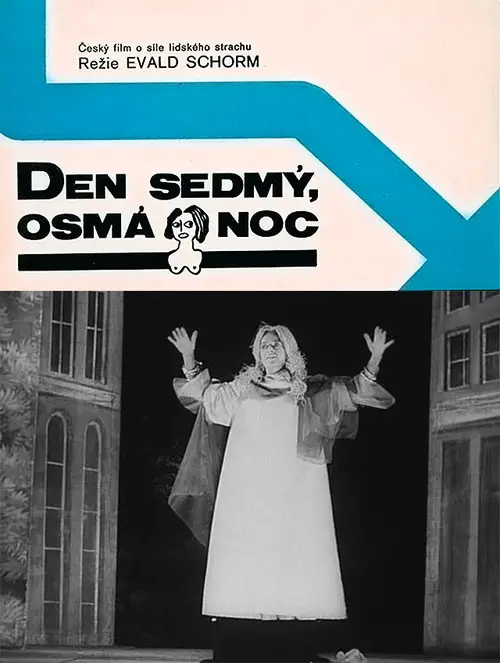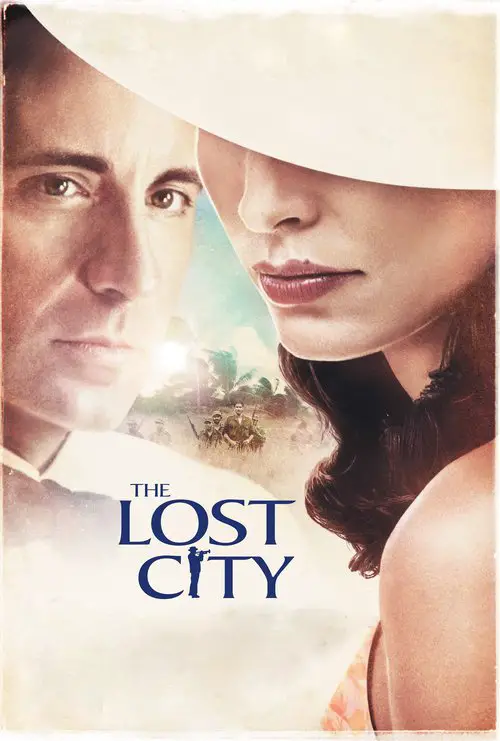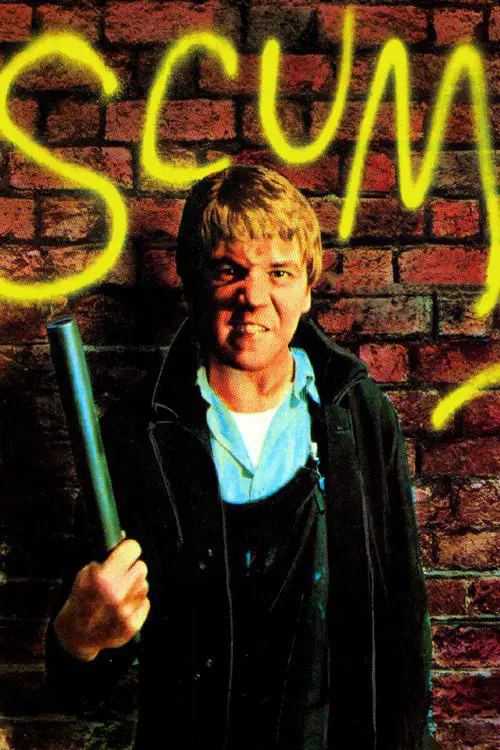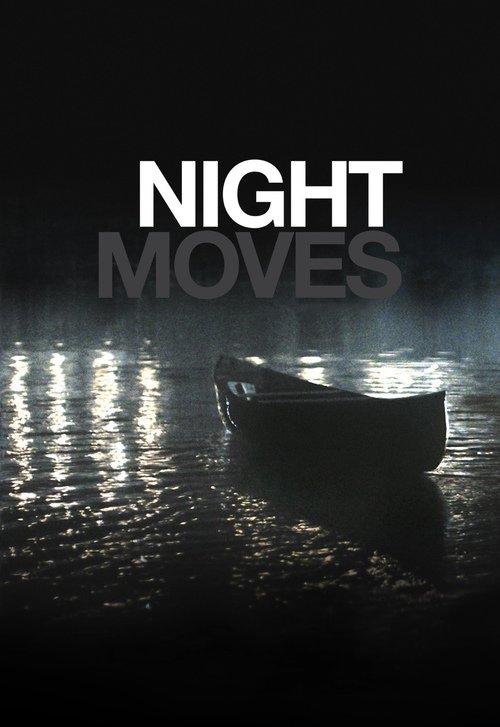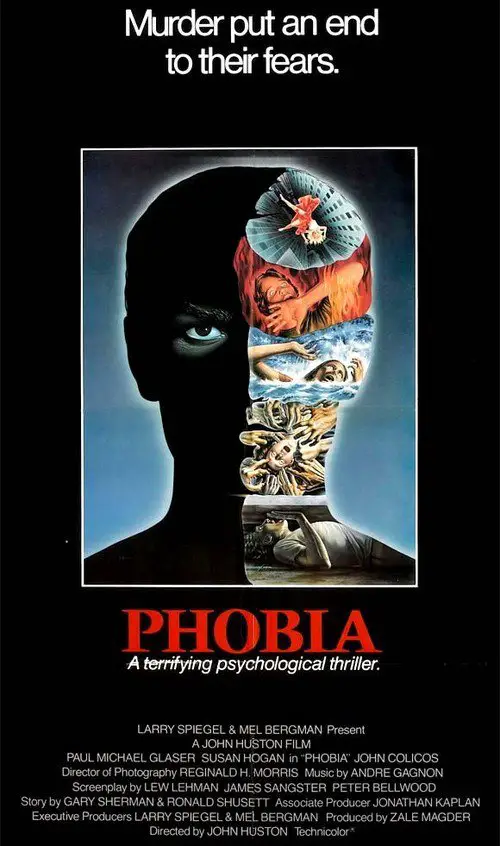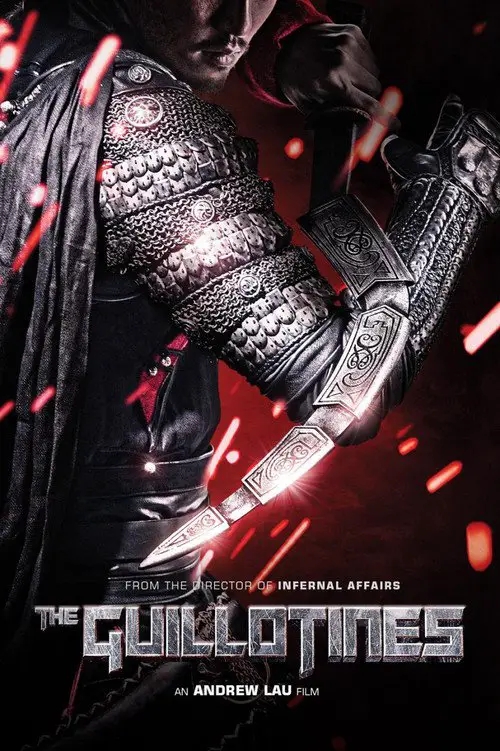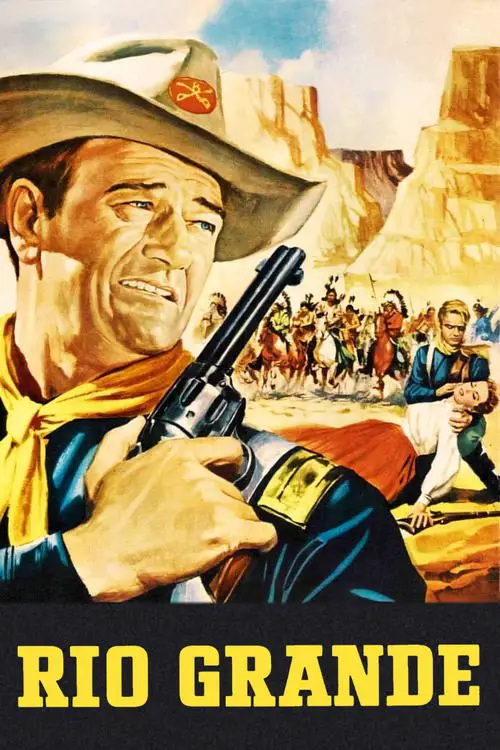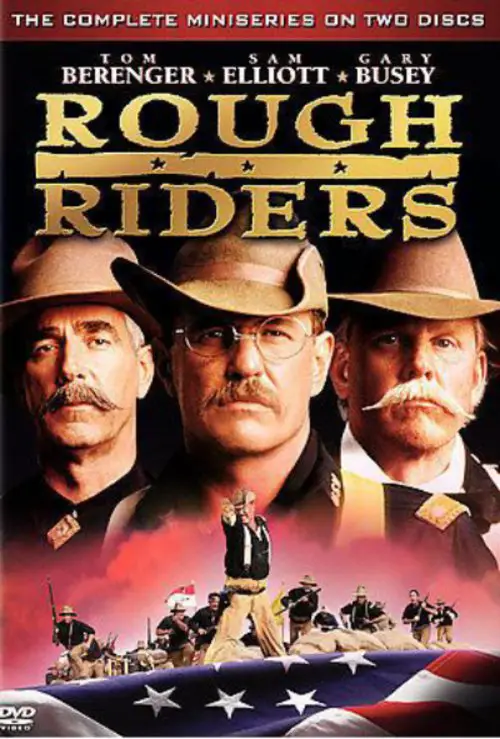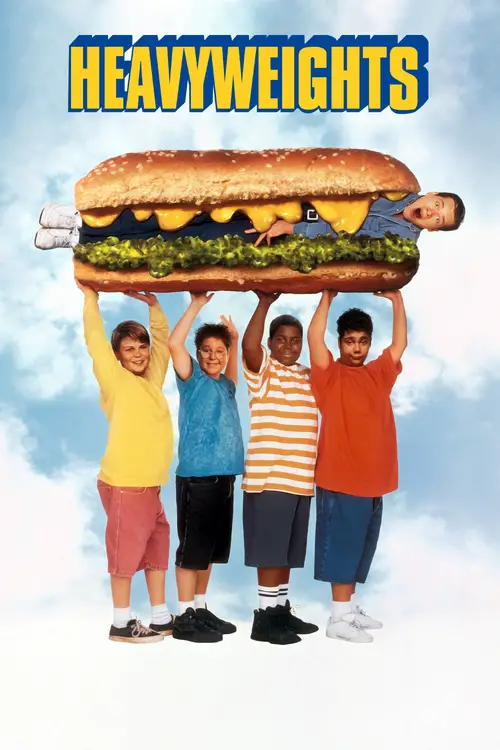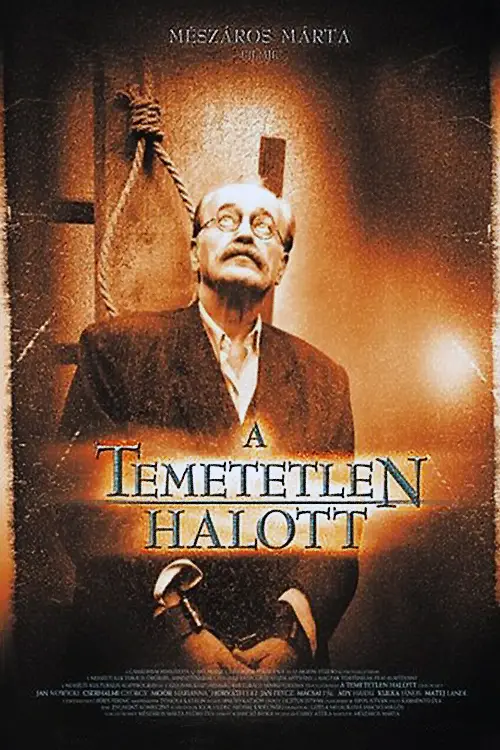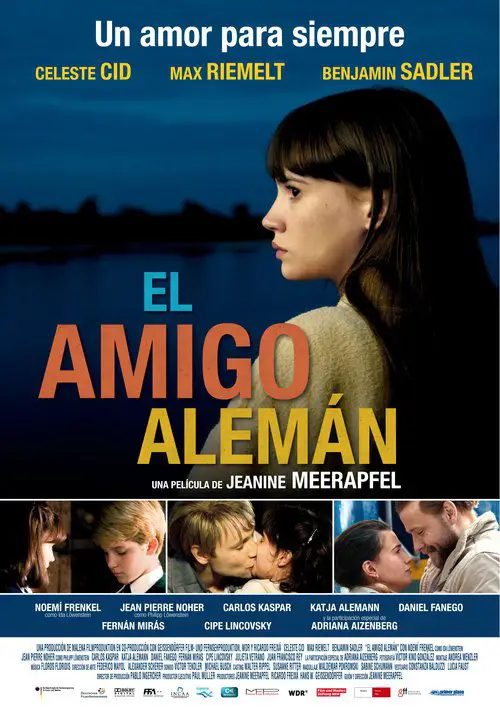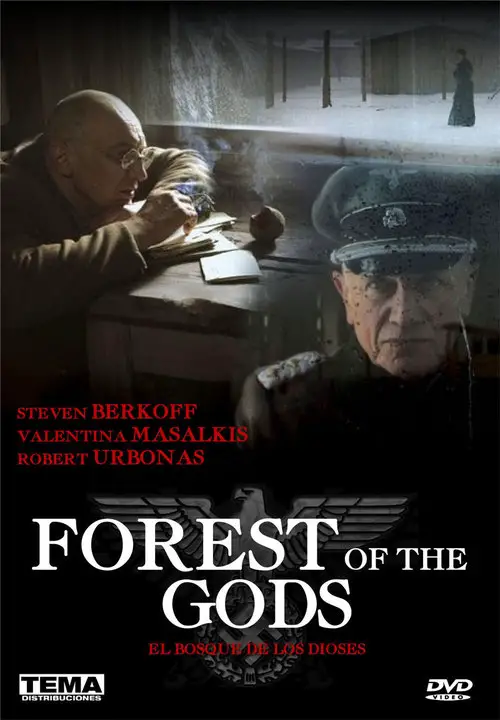Ice (1970)
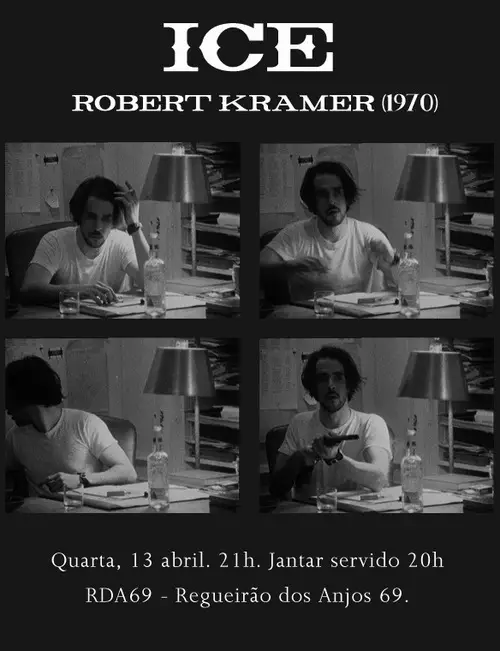
Similar movies
Based on "Sister of the Road," the fictionalized autobiography of radical and transient Bertha Thompson as written by physician Dr. Ben L. Reitman, 'Boxcar' Bertha Thompson, a woman labor organizer in Arkansas during the violence-filled Depression of the early '30's meets up with rabble-rousing union man 'Big' Bill Shelly and they team up to fight the corrupt railroad establishment.
The series is based on a true story of a Russian spy Colonel Isaev (Stirlitz) in Fascist Germany during 17 days in very end of WWII. Stirlitz has worked his way to the very top of the Fascist hierarchy without being caught. However, his "colleagues", top Hitler's officers Borman, Mueller, Schellenberg are beginning to suspect him. Stirlits is constantly walking on the edge between his two identities, sending information to Russia, while skillfully maintaining the appearance of loyalty to fascist regime.
In September 1942, the German Afrika Korps under Rommel have successfully pushed the Allies back into Egypt. A counter-attack is planned, for which the fuel dumps at Tobruk are a critical impediment. In order to aid the attack, a group of British commandos and German Jews make their way undercover through 800 miles of desert, to destroy the fuel dumps starving the Germans of fuel.
Young single mother Diana struggles to provide for her child and pay for her college education. She ends up working at a shoe store, but meets two strippers from at a nearby gentlemen's club who convince her there's fast money to be made stripping. At the Players Club, however, Diana faces danger and heartbreak.
In 1980, the United States Ice Hockey team's coach, Herb Brooks, put a ragtag squad of college kids up against the legendary juggernaut from the Soviet Union at the Olympic Games. Despite the long odds, Team USA carried the pride of a nation yearning for a distraction from world events. With the world watching, the team rose to the occasion, prompting broadcaster Al Michaels' now famous question to the millions viewing at home: "Do you believe in miracles?" Yes!
Johnny, a freewheeling, motorcycle-riding musician, rolls into a small town with his band, and meets Kathy, an honor student who catches his eye. Meanwhile, Kathy's father, after being in the Witness Protection Program, is finally found by the two corrupt cops he escaped from years ago, who claim he owes them a lot of money.
Mary and Larry are are a modestly successful skating team. Shortly after their marriage, Mary gets a picture contract, while Larry is sitting at home, out of work. To prove that he can accomplish things on his own, he leaves Hollywood and convinces a former partner to put on an ice revue in Canada. The show is a huge success, but it makes it impossible for him to be with his wife, but the studio boss has a wonderful idea. [imdb]
The film tells the story of Matt, a male hockey player who dies in a game and comes back to life as Sara Bryan, a female figure skater due to an accident made by an angel that caused the hockey player to die. Both share the dream of competing in the Winter Olympics. The male hockey player specified that if he returned to earth, he wanted to have a chance to win an Olympic Gold medal on ice leaving the detail that he wanted to be on the hockey team implied. With time running short Matt has to get skating lessons from Sara's one-time rival if he wishes to earn gold.
A top-secret Soviet spy satellite -- using stolen Western technology -- malfunctions and then goes into a descent that lands it near an isolated Arctic research encampment called Ice Station Zebra, belonging to the British, which starts sending out distress signals before falling silent. The atomic submarine Tigerfish, commanded by Cmdr. James Ferraday (Rock Hudson), is dispatched to save them.
Irene, a thirty-something housewife with a successfull husband and a young son, has her life thrown in a spin when she becomes attracted to Billy, a member of a landscape crew outside her house. When Irene's husband and son leave for a weekend fishing trip, Irene wanting to see Billy, gets locked in the back of his trailer and ends up at remote Lake Consequence with Billy and his girlfriend Grace where they take Irene on a trip into the nearby town to a Chinese New Year Festival, and through a series of adventures they bring out the repressed sexual needs Irene has been holding inside for a long time.
When Gabriel and Emilie meet by chance, he offers her a ride, and they spend the evening talking, laughing and getting along famously. At the end of the night, Emilie declines Gabriel's offer of "a kiss without consequences". Emilie admonishes him that the kiss could have unexpected consequences, and tells him a story, unfolding in flashbacks, about the impossibility of indulging your desires without affecting someone else's life.
In the weekend after thanksgiving 1973 the Hoods are skidding out of control. Benjamin Hood reels from drink to drink, trying not to think about his trouble at the office. His wife, Elena, is reading self help books and losing patience with her husband's lies. Their son, Paul, home for the holidays, escapes to the city to pursue an alluring rich girl from his prep school. Young, budding nymphomaniac, Wendy Hood roams the neighborhood, innocently exploring liquor cabinets and lingerie drawers of her friends' parents, looking for something new. Then an ice storm hits, the worst in a century.
Daredevils of the West is a lightning-fast-paced Western cliffhanger serial released by Republic Pictures in 1943 starring Allan Lane and Kay Aldridge. The plot involves a gang of land-grabbers who try to prevent safe passage of the Foster Stage Company through frontier territory, however, the story of the serial is merely a framework for the setup of numerous elaborate stunt action sequences, cliff-hanging perils and fiery deathtraps which the hero and heroine must fight to survive. As was the case with other Republic serials released during wartime such as King of the Mounties and The Masked Marvel, a rapid, even frantic pace is evident throughout, which has made the serial a favorite among fans.
Made during Bergman's tax-related exile in Germany, the film continues the story of Katarina and Peter EGermann, the feuding, childless, professional couple who appear in one episode of "Scenes From A Marriage." After Peter perpetrates a horrendous crime in its first scene, the rest of the film consists of a non-linear examination of his motivations, incorporating a police psychological investigation, scenes from the EGermanns' married life, and dream sequences.
Hushpuppy, an intrepid six-year-old girl, lives with her father, Wink, in âthe Bathtub,â a southern Delta community at the edge of the world. Winkâs tough love prepares her for the unraveling of the universe; for a time when heâs no longer there to protect her. When Wink contracts a mysterious illness, nature flies out of whackâtemperatures rise, and the ice caps melt, unleashing an army of prehistoric creatures called aurochs. With the waters rising, the aurochs coming, and Winkâs health fading, Hushpuppy goes in search of her lost mother.
In this interesting drama, three sequences which could have formed separate stories are linked together, like cars on a train, to give a larger perspective on the nature of reality and film. The three episodes are joined together by one film crew at work on two different jobs. In the beginning, the crew is introduced as they juggle their dual roles as State-supported propagandists who laud their government and society, and as private movie makers working on their own film. Next, they are in a restaurant looking for suitable locations to film when the eateryâs owner, through no fault of his own, is induced to wax long and lugubriously on his miserable life. In the last segment, two extras are in the background of a scene, sitting at a table in a restaurant. It slowly becomes apparent to one of them that the man heâs sitting with tortured him more than 40 years ago at a Nazi concentration camp during World War II.
Malik (Omar Epps) is an African-American student attending on a track scholarship; academics are not his strong suit, and he goes in thinking that his athletic abilities will earn him a free ride through college. Fudge (Ice Cube), a "professional student" who has been at Columbus for six years so far, becomes friendly with Malik and challenges his views about race and politics in America.
Based on an inspiring true story, a small-town news reporter (Krasinski) and a Greenpeace volunteer (Barrymore) enlist the help of rival superpowers to save three majestic gray whales trapped under the ice of the Arctic Circle. âBig Miracleâ is adapted from the nonfiction book âFreeing the Whales: How the Media Created the Worldâs Greatest Non-Eventâ by Tom Rose.
A massive 5 1/2 hour biopic of Napoleon, tracing his career from his schooldays (where a snowball fight is staged like a military campaign), his flight from Corsica, through the French Revolution (where a real storm is intercut with a political storm) and the Terror, culminating in his triumphant invasion of Italy in 1797 (the film stops there because it was intended to be part one of six, but director Abel Gance never raised the money to make the other five). The film's legendary reputation is due to the astonishing range of techniques that Gance uses to tell his story, culminating in the final twenty-minute triptych sequence, which alternates widescreen panoramas with complex multiple- image montages projected simultaneously on three screens.
This movie tells the true story of John Reed, a radical American journalist around the time of World War I. He soon meets Louise Bryant, a respectable married woman, who dumps her husband for Reed and becomes an important feminist and radical in her own right. After involvement with labor and political disputes in the US, they go to Russia in time for the October Revolution in 1917, when the Communists siezed power. Inspired, they return to the US, hoping to lead a similar revolution. A particularly fascinating aspect of the movie is the inclusion of interviews with "witnesses", the real-life surviving participants in the events of the movie.
When radicals from Japan's Red Army took a woman hostage in the resort town of Karuizawa, Nagano in 1972, Officer Atsuyuki Sassa was put in charge of diffusing the situation. But the task had its challenges. Upon arriving in mountainous Nagano, Sassa had to compete with freezing winter temperatures, conflicting opinions between the Tokyo Metropolitan Police and the Nagano Prefectural Police, as well as public opinion to gain entrance to the lodge that held the single woman captive.
Lee Randon, weary of business duties and a conventional home life, acquires a long-lost sense of excitement and romance with young flapper Claire Morris. When he meets her married aunt, Savina Grove, she appears to be the woman he imagines whenever he gazes at a doll he has christened Cytherea, goddess of love -----Cytherea features two dream sequences filmed in an early version of the Technicolor color film process.
Vitaphone production reels #2471-2478; third Warner Bros. feature film - the first being The Jazz Singer and the second Tenderloin - to include talking sequences, along with the by now usual Vitaphone musical score and sound effects. A copy of this film survives at the Library of Congress in Washington, D.C., but the sound disks are lost.
All that exists now is clubs, drugs, pubs and parties. I've got 48 hours off from the world, man I'm gonna blow steam out of my head like a screaming kettle. I'm gonna talk cods hit to strangers all night. I'm gonna lose the plot on the dance floor, the free radicals inside me are freaking man! Tonight I'm Jip Travolta, I'm Peter Popper, I'm going to Never Never Land with my chosen family, man. We're going to get more spaced out than Neil Armstrong ever did. Anything could happen tonight, you know? This could be the best night of my life! I've got 73 quid in my back burner. I'm gonna wax the lot, man. The milky bars are on me! Yeah!
Nagisa Oshimaâs most personal film is a reflection by the director on his own disillusionment with the revolutionary student movement of the 1950âs and the failure of political radicalism. Taking itâs title (as a reference or homage) from Alain Resnaisâ pivotal 1956 documentary Nuit et Brouillard, the film has a group of former student revolutionaries who meet again years later at the wedding of one of their classmates. Old feelings, rivalaries and grudges gradually erupt to the surface as the one-time friends recall the various treacheries by which their cause was defeated. Cutting between times past and the present, and unfolding the action from each of his characters viewpoints, Oshima creates an abstract and yet engrossing study of passions past and principles eroded. âYume Pictures
In 1984 the former Indian Prime Minister, Indira Gandhi, was assassinated by her Sikh bodyguards, and since then the Sikhs have been a target of violent backlashes by radicals and the Punjab Police. During 1985 Gursharan Singh Soman lived a peaceful life as a farmer in rural Punjab, along with his elderly parents, Gurdev and Tejpal, and an unmarried sister, Guddi.
Derrick De Marney finds himself in a 39 Steps situation when he is wrongly accused of murder. While a fugitive from the law, De Marney is helped by heroine Nova Pilbeam, who three years earlier had played the adolescent kidnap victim in Hitchcock's The Man Who Knew Too Much. The obligatory "fish out of water" scene, in which the principals are briefly slowed down by a banal everyday event, occurs during a child's birthday party. The actual villain, whose identity is never in doubt (Hitchcock made thrillers, not mysteries) is played by George Curzon, who suffers from a twitching eye. Curzon's revelation during an elaborate nightclub sequence is a Hitchcockian tour de force, the sort of virtuoso sequence taken for granted in these days of flexible cameras and computer enhancement, but which in 1937 took a great deal of time, patience and talent to pull off. Released in the US as The Girl Was Young, Young and Innocent was based on a novel by Josephine Tey.
R.P.M. stands for (political) revolutions per minute. Anthony Quinn plays a liberal college professor at a west coast college during the hedy days of campus activism in the late 1960s. Radical students take over the college, the president resigns, and Quinn's character, who has always been a champion of student activism, is appointed president. As the students continue to push the envelope of revolution, Quinn's character is faced with the challenge of restoring order or abetting the descent into anarchy.
The film begins on a train journey with Gustav Mahler (Robert Powell) and his wife Alma (Georgina Hale) confronting their failing marriage. The story is then recounted in a series of flashbacks (some of which are surrealistic and nightmarish), taking one through Mahler's childhood, his brother's suicide, his experience with anti-semitism, his conversion from Judaism to Catholicism, his marital problems, and the death of his young daughter. The film also contains a surreal fantasy sequence involving the anti-Semitic Cosima Wagner (Antonia Ellis), widow of Richard Wagner, whose objections to his taking control of the Court Opera were supposedly removed by his conversion to Catholicism. In the process, the film explores Mahler's music and its relationship to his life.
Major Jock Sinclair has been in this Highland regiment since he joined as a boy piper. During the Second World War, as Second-in-Command, he was made acting Commanding Officer. Now the regiment has returned to Scotland, and a new commanding officer is to be appointed. Jock's own cleverness is pitted against his new CO, his daughter, his girlfriend, and the other officers in the Mess.
In October 2009, the filmmakers went into an abandoned psychiatric hospital to explore the 'haunted' institution, famous for its radical treatment of patients with mental illness. Electroshock, insulin therapy, and lobotomies were commonplace. Once inside, the filmmakers quickly discovered that they were not alone.
An allegory set in an archetypal Czech village, it tells of what happens when a sequence of mysterious events take place, including the disappearance of the stationmaster. While everything has a rational explanation, collective paranoia takes hold and everyoneâs worst instincts are released. Interrogations, the abolition of rights and the search for scapegoats ultimately lead to murder
This is the hard and shocking story of life in a British Borstal for young offenders. The brutal regime made no attempt to reform or improve the inmates and actively encouraged a power struggle between the 'tough' new inmate and the 'old hands'. The film was originally made as a BBC play but it was banned before ever being shown.
During the Manchurian-ruled Qing Dynasty, Emperor Yong Zheng established a secret assassination squad known as the Guillotines to eliminate all who opposed him. Once heavily favored by the Emperor, the Guillotines are deemed expendable once Emperor Qian Long ascends to the throne and adopts Western ideas and technology. To consolidate his power under a new regime, the Emperor continues to use the Guillotines to persecute the conquered Han Chinese in a reign of terror and oppression. Written by Anynomous
Lt. Col. Kirby Yorke is posted on the Texas frontier to defend settlers against depredations of marauding Apaches. Col. Yorke is under considerable stress by a serious shortage of troops of his command. Tension is added when Yorke's son (whom he hasn't seen in fifteen years), Trooper Jeff Yorke, is one of 18 recruits sent to the regiment.
Wronke Prison, 1916. Social democrat Rosa Luxemburg faces a mock execution. Twenty years earlier, Rosa's political gifts are acknowledged by everyone, as she struggles for democratic government in Germany and revolution in Poland. There she works closely with Leo Jogiches. Their political activity creates some difficulty for their personal relationship... As international tensions rise, Rosa makes speeches denouncing war and militarism. She seems too radical for her fellow Socialists. She meets Karl Liebknecht. When World War I begins, Rosa and Karl are united in opposition...
In 1898 the US government decided to intervene on the side of the Cuban rebels in their struggle against Spanish rule. Assistant Navy Secretary Theodore Roosevelt decides to experience the war first hand by promoting and joining a volunteer cavalry regiment. The regiment, later known as the Rough Riders, brings together volunteers from all corners of the nation and all walks of life. When Roosevelt and his men finally land on Cuba, they face ambush, intense enemy fire, and a desperate, outnumbered charge up a defended hill.
Camp Hope is a summer retreat for overweight boys run by a kindly couple who make the campers feel comfortable with their extra pounds. But when tyrannical fitness guru Tony buys the camp, he puts the kids on a cruel regimen that goes too far. Sick of the endless weeks of "all work and no play," the kids stage a coup and reclaim their summer of fun.
One of the doyennes of Hungarian film deals with a dark period of national history: the Soviet regime in Hungary. She portrays it through the fate of the former prime minister and national hero, Imre Nagy. The script is based on the diary written by Imre Nagy, and the memories of his daughter, Erzsébet Nagy, as well as authentic documents and records.
Itâs the late 1950s, and in an affluent and quietly respectable part of Buenos Aires, young Sulamit Löwenstein strikes up a friendship with her next-door neighbour Friedrich over the whereabouts of her family dog. She is the daughter of German-Jewish immigrants to Argentina, he is the son of a senior SS officer, a tragic political legacy from whose shadow both characters struggle to escape over the next three decades. Following the teenaged Friedrich to Germany, Sulamit finds him caught up in the radical politics of late-1960s student life; and sheâs forced to make important decisions about her attitude to her homeland when Friedrich returns to Argentina to join the fight against the military junta.
In 1970s Iran, Marjane 'Marji' Statrapi watches events through her young eyes and her idealistic family of a long dream being fulfilled of the hated Shah's defeat in the Iranian Revolution of 1979. However as Marji grows up, she witnesses first hand how the new Iran, now ruled by Islamic fundamentalists, has become a repressive tyranny on its own.
The story about one man - an artist and an intellectual - who was imprisoned by two brutal regimes, the Nazis and the Soviets. 'The Professor' is a man who lives by his own personal version of the Ten Commandments. After miraculously surviving imprisonment in a Nazi concentration camp through a bit of ironic fate, he writes a memoir of his life, which becomes the target of the Soviet censors. The so-called "freedom" of Communism becomes just as oppressive as the German concentration camp.
© Valossa 2015–2026
| Privacy Policy

